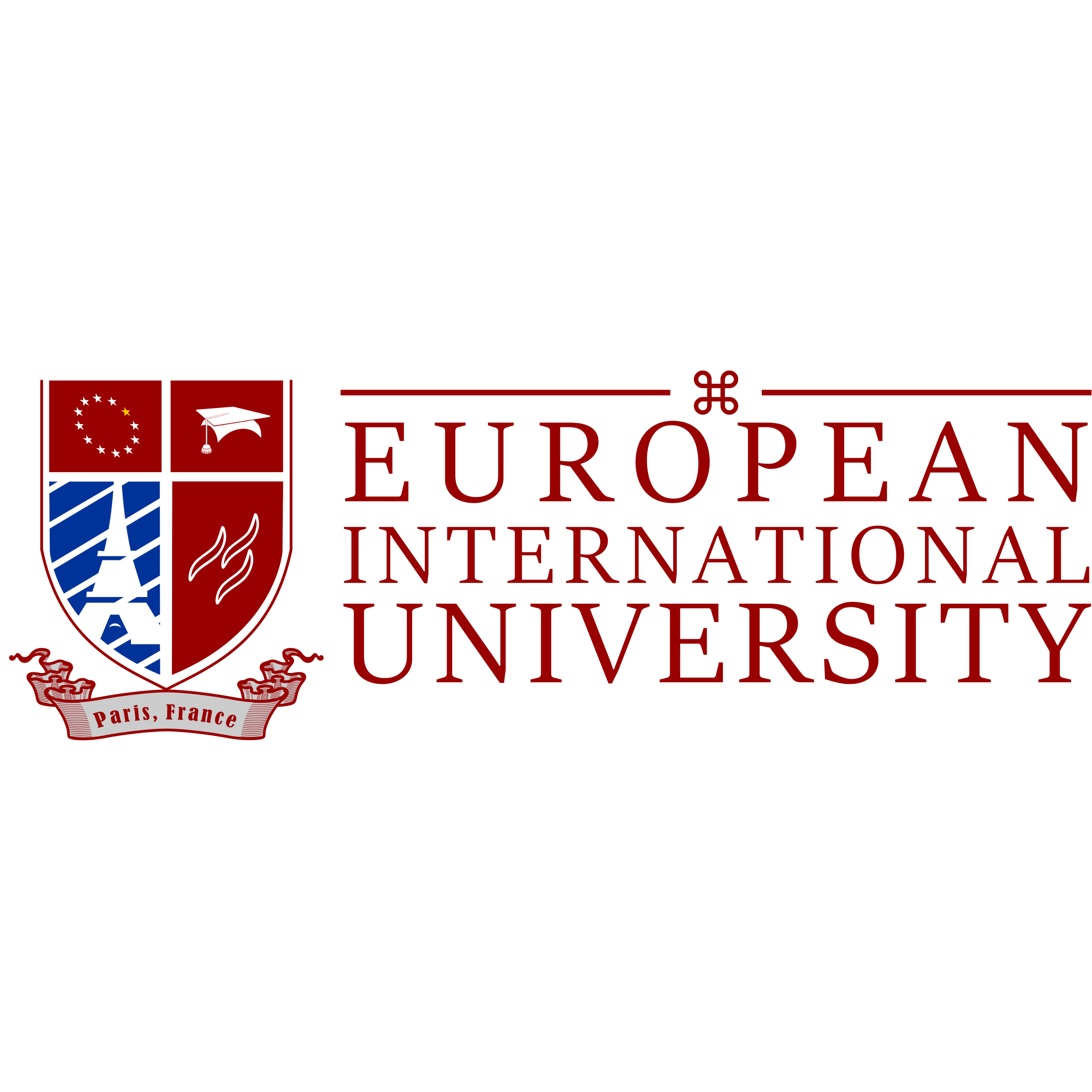
A Doctorate in Law is the highest academic qualification in legal studies, designed for individuals seeking to contribute significantly to legal scholarship and practice. The program involves extensive, original research into complex legal issues, theories, or policies, equipping candidates with the skills to analyze, interpret, and influence the legal landscape. Whether focusing on constitutional law, international law, human rights, or corporate law, students develop a profound understanding of legal principles and frameworks.
The degree is ideal for those aspiring to academic careers as law professors, researchers, or scholars, as well as professionals aiming for senior roles in government, judiciary, international organizations, or legal consultancy. Doctoral candidates engage deeply with legal literature, case law, and policy debates, producing a dissertation that advances knowledge and offers innovative solutions to pressing legal challenges.
Throughout the program, candidates hone critical thinking, legal writing, and research methodologies, fostering intellectual independence and a global perspective on law and justice. Additionally, many programs encourage interdisciplinary approaches, integrating insights from political science, economics, and ethics.
Ultimately, a Doctorate in Law not only enhances professional credibility but also empowers graduates to shape legal education, policy, and reform efforts worldwide. It is a rigorous yet rewarding path for those committed to the advancement of law and justice in society.